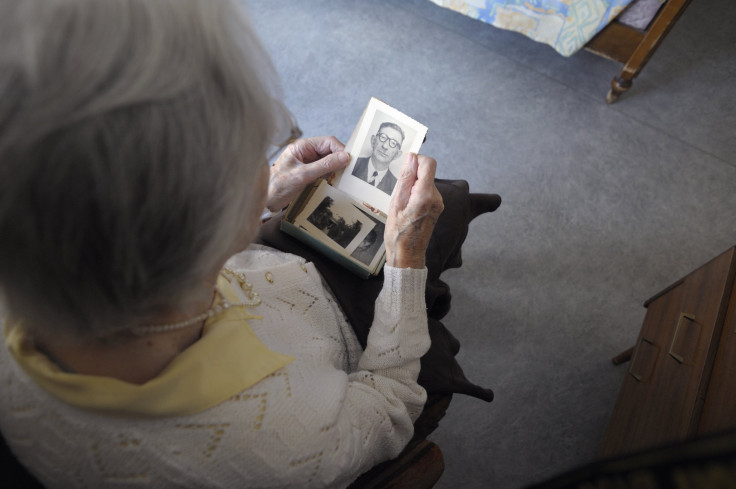New Cure For Alzheimer's Disease? How Protein Neurogulin-1 Can Alleviate Symptoms

Researchers have discovered a protein that may alleviate some of the most common symptoms of Alzheimer’s disease.
When injected into the brains of mice, neurogulin-1 has been able to promote the metabolism of plaques — abnormal clusters of protein fragments — that build up in the brain and restrain function, according to new research published in Scientific Reports. The mice, when neurogulin-1 was in their hippocampus (the part of the brain that is responsible for learning and memory) showed improved special memory.
Technically, the protein does not break up the plaque. Instead, it works by raising the levels of the enzyme known as neprilysin, which then degrades the plaques. The researchers are hopeful that neurogulin-1 will have other benefits as well, and they’re looking into whether or not it can help with signaling between neurons.
“Neuregulin-1 has broad therapeutic potential, but mechanistically, we are still learning about how it works," Kuo-Fen Lee, a professor in the Salk Institute's Clayton Foundation Laboratories for Peptide Biology and holder of the Helen McLoraine Chair in Molecular Neurobiology, said. "We've shown that it promotes metabolism of the brain plaques that are characteristic of Alzheimer's disease."
This is not the first potential breakthrough in the fight against Alzheimer’s disease. Earlier this year, for instance, researchers found that a cheap, common diabetes drug protected against the disease. That drug, known as Liraglutide, was found to stop dementia and Azlheimer’s from advancing and in some cases helped with mental function. The researchers who discovered that effect, based out of the University of Denmark, were confident then that the drug could be available within five years for treating Alzheimer’s, or at least for stopping the disease from progressing.
“We are eagerly waiting the results of larger studies but this would suggest we are on the right track,” Professor Jorgen Rungby, who led that study, said at the time.
© Copyright IBTimes 2024. All rights reserved.





















